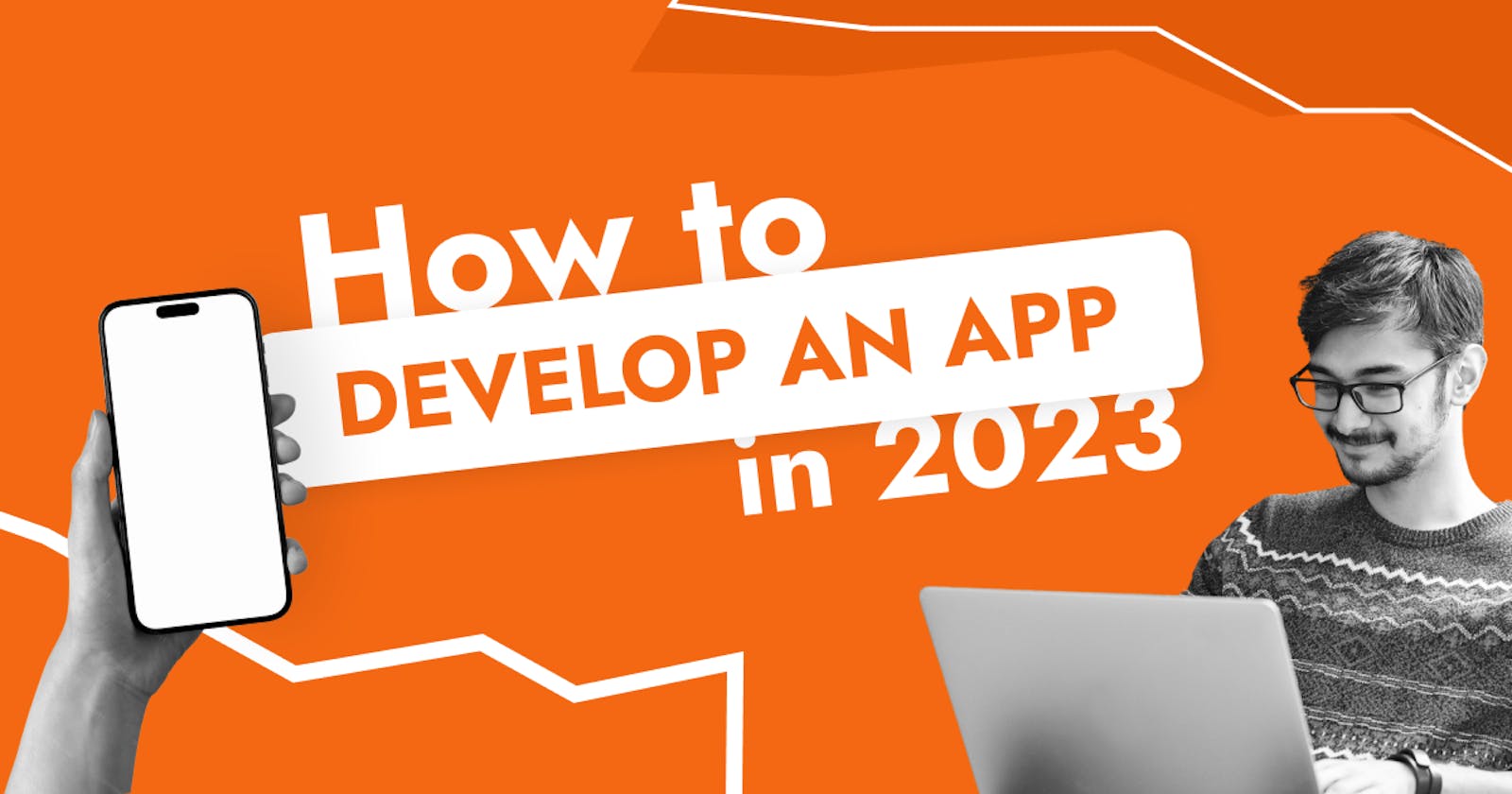Introduction
In the dynamic landscape of technology, mobile applications remain at the forefront of shaping our digital interactions. Whether you're an experienced developer or a newcomer to the app development arena, the year 2023 presents a multitude of opportunities to conceive and execute innovative applications. Amidst this exciting journey, developers often grapple with a critical concern the estimation of expenses required to breathe life into their visionary apps. This blog post is dedicated to exploring the multifaceted realm of app development, with a specific emphasis on the pivotal role of an app cost calculator. From making informed platform choices to navigating development timelines, we will walk you through the indispensable steps not only to craft a successful app but also to effectively manage your budget.
How much does it cost to develop a mobile app in 2023?
The cost of developing a mobile app can vary widely based on several factors.
Simple Apps: Basic mobile apps with limited features may cost anywhere from $5,000 to $20,000.
Medium Complexity Apps: Apps with more features, custom designs, and additional functionality may range from $20,000 to $50,000.
Complex Apps: High-end apps with advanced features, complex functionality, and possibly integration with external systems can cost $50,000 to $150,000 or more.
Enterprise-level Apps: Apps developed for large enterprises with extensive features, security requirements, and scalability needs can surpass $150,000 and go well into the hundreds of thousands or even millions of dollars.
Remember that these are just general estimates, and actual costs can vary. Additionally, ongoing maintenance, updates, and support may contribute to the overall expenses.
7 ways to develop an app in 2023
1. Build an Android App or an iOS App
At the core of app development lies a pivotal decision: selecting the platform Android, iOS, or a combination of both. This exploration will delve into the advantages and drawbacks of each platform, assisting you in making a well-informed decision aligned with your target audience, budget constraints, and the desired functionalities of your app.
2. Choose the Right Development Approach
Choosing how to develop your app involves different approaches: native, hybrid, and cross-platform. We'll help you decide which fits your project goals best.
3. Leverage Low-Code/No-Code Platforms
The rise of low-code and no-code platforms has democratized app development, allowing individuals with minimal coding experience to create powerful applications. We'll discuss the benefits and limitations of these platforms and how they can accelerate your app development timeline.
4. Embrace Emerging Technologies
To stay ahead in tech, add cool stuff like AR, VR, and AI to your app. We'll show you how these make your app stand out and give users a better experience.
5. User Experience and User Interface Design
A polished design is key for your app's success. Learn the latest trends and best practices to make sure your app not only runs smoothly but also grabs users' attention from the start.
6. Implement Robust Security Measures
With the increasing frequency of cyber threats, ensuring the security of your app is non-negotiable. We'll outline essential security measures and practices to safeguard user data and protect your app from potential vulnerabilities.
7. Test Thoroughly Before Launch
Quality assurance is a critical step in app development. We'll discuss the importance of thorough testing, including functional testing, performance testing, and user acceptance testing, to catch and resolve issues before your app reaches the hands of users.
How Long Does App Development Take?
The timeframe for app development is subject to significant variation, influenced by factors like app complexity, features, targeted platform, development approach, and the expertise of the development team. Here's a broad overview:
Simple Apps: Basic apps with limited features might take anywhere from a few weeks to a couple of months to develop.
Medium Complexity Apps: Apps with more features and complexity can take around 2 to 6 months to develop.
Complex Apps: High-end apps with advanced features, intricate designs, and complex functionality may take 6 months to a year or more.
Enterprise-level Apps: Apps developed for large enterprises, especially those requiring extensive integration, security measures, and scalability, can take a year or more.
How Long Will It Take to Publish My App on App Stores?
The specific timeline for launching your app on app stores can fluctuate based on factors like the chosen app store, your app's complexity, and the existing review backlog. While these elements influence the duration, you can generally anticipate the following timelines:
Apple App Store:
Average review time: 1-3 days
Maximum review time: 2 weeks
Total time from submission to publication: 2-5 days
Google Play Store:
Average review time: 2-3 days
Maximum review time: 4 weeks
Total time from submission to publication: 3-7 days
These are just averages, and your app may take longer to be reviewed depending on the factors mentioned above.
Conclusion
App development in 2023 demands a strategic mindset, encompassing choices like platform selection, development methodology, emerging technologies, and user experience. This guide outlines seven key strategies to help you confidently navigate the intricacies of app development, ensuring your vision comes to fruition and leaves a lasting mark in the digital sphere. Within this landscape, the app cost calculator stands out as a crucial asset, empowering you to estimate and manage costs effectively when integrated into your strategic approach.
